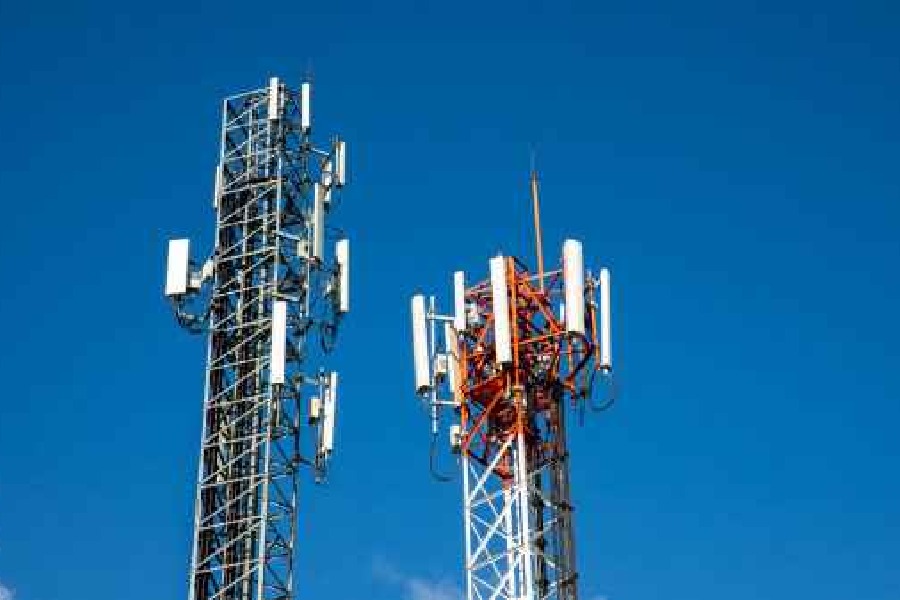The race to capture the country’s burgeoning satellite internet market has intensified, with an annual $19 billion revenue potential at stake. The tussle is the contentious issue of spectrum allocation which pits telecom giants against satellite operators.
Telecom players such as Reliance Jio and Vodafone Idea are pushing for an auction of satellite bandwidth. They argue that an auction would ensure a level playing field and prevent undue advantage to satellite operators.
On the other side, satellite companies advocate for administrative allocation of spectrum, arguing that it would expedite the rollout of broadband services in remote areas.
The government’s decision on spectrum allocation could significantly impact the trajectory of satellite internet services in India. While the Telecom Act initially favoured administrative allocation, recent developments have reignited the debate.
Many thought the issue had been decided once the new Telecommunication Act — which backed the administrative allocation of spectrum — was notified.
The PHD Chamber of Commerce and Industry has written to Trai, seeking a revision of the consultation paper on satellite spectrum allocation. The chamber emphasises the need to address concerns related to a level playing field between terrestrial and satellite technologies.
Reliance Jio has previously made similar demands, but satellite industry representatives have dismissed these claims as a “myth peddled for commercial interests”.
The BIF, however, has refuted the claim of a “level playing field,” arguing that such a doctrine applies only to similarly situated individuals and not to those who are unequal.
T.V. Ramachandran, president, BIF, said: “As India moves towards reaping the benefits of a vibrant and enterprising satellite communications sector, it is imperative to expose false narratives and claims put forth by vested interests that subvert the due process of regulation and law. The enacted law, Telecommunications Act, 2023, is very clear on an administrative assignment of spectrum for Satcom services. Hence, any attempts to disregard the law and undermine the process is a disservice to the larger public interest”.
The stakeholders are sharing their views after Telecom Regulatory Authority of India (Trai) on September 27 came out with a consultation paper seeking views on the pricing methodology and terms and conditions of allocating satellite spectrum — without auctions — to companies seeking to launch satellite broadband services in the country.
In its reference to Trai, DoT had said it’s “essential to examine whether a level-playing field exists” between terrestrial access service providers and satellite players planning to offer fixed and mobile satellite services in India via low-earth orbit (LEO), medium-earth orbit (MEO) and geostationary orbit (GEO) global satellite systems.
The potential revenue windfall for satellite operators is substantial. Morgan Stanley estimates that these firms collectively earn up to $19 billion annually from the country’s untapped broadband market.










